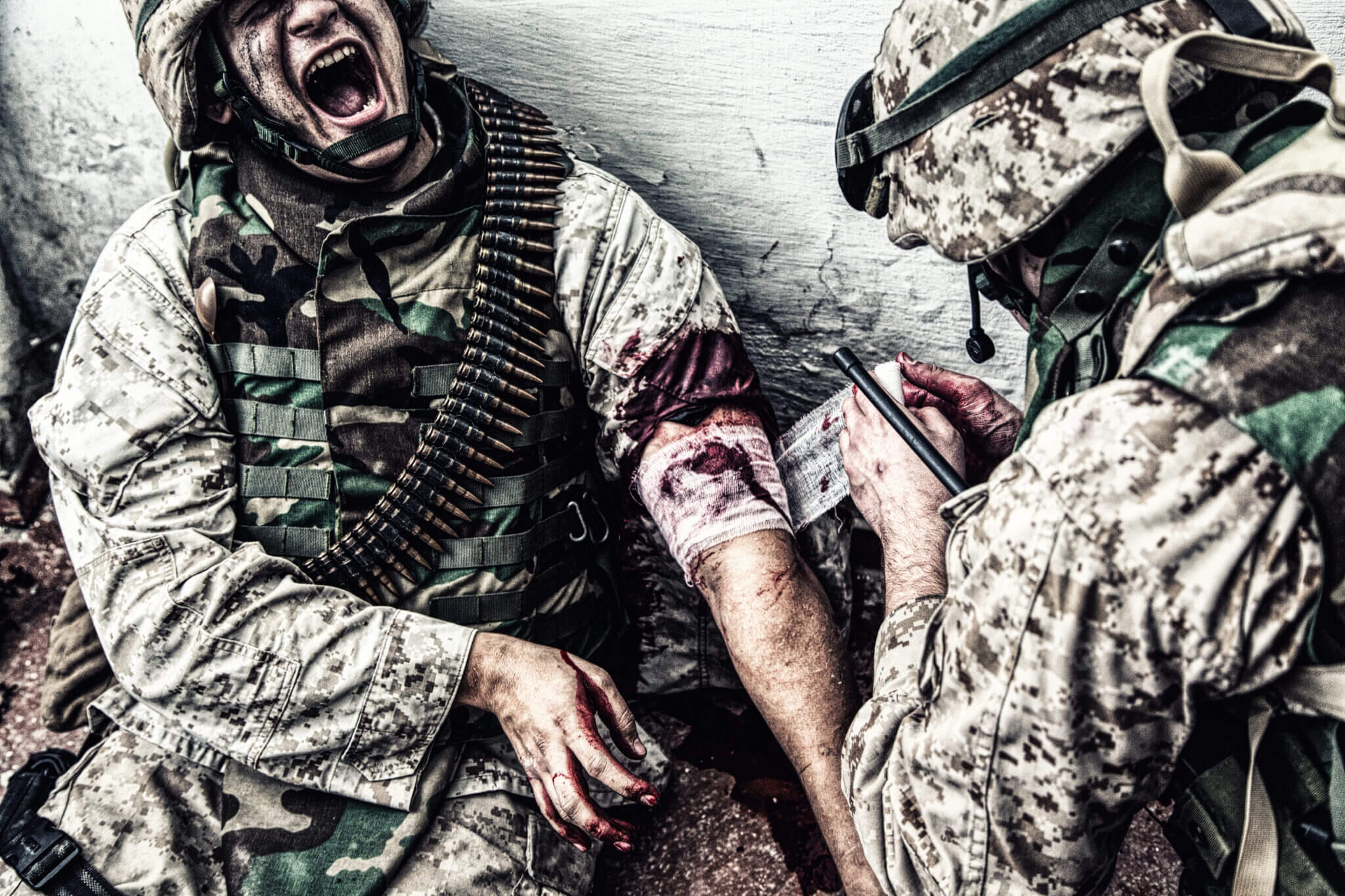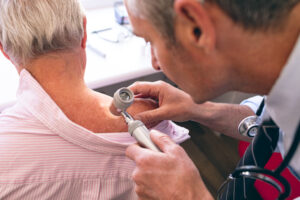Combat medics, also known as healthcare specialists, play a critical role in the military by providing medical care on the battlefield. Their unique position exposes them to a variety of physical and mental stressors that can lead to long-term health issues. Understanding how to leverage the Military Occupational Specialty (MOS) designation of combat medics for Veterans Affairs (VA) disability claims can be crucial in securing the benefits they deserve. Leah Bucholz highlights key points from the MOS smartbook and provides practical advice on how to articulate the demands of the combat medic role to support a VA disability claim.

Understanding the Combat Medic MOS
Overview of the 68 Series MOS
The 68 Series MOS, specifically 68W (68 Whiskey), encompasses healthcare specialists and combat medics in the U.S. Army. Combat medics are trained to provide emergency medical treatment on the battlefield, a role that demands a high level of physical fitness, mental resilience, and medical expertise.
Duties and Physical Demands of Combat Medics
Combat medics are responsible for a range of tasks that are physically demanding and require precise skills. According to the MOS smartbook, key responsibilities and physical requirements include:
- Possessing finger dexterity in both hands: Essential for tasks such as administering IVs and drawing blood.
- Handling exposure to blood: Medics must be comfortable working in environments where they are frequently exposed to blood and other bodily fluids, especially in combat situations.
- Providing guidance and assistance verbally: Effective communication is crucial, particularly during mass casualty events where medics must give clear instructions under pressure.
- Lifting and carrying heavy loads: Medics often need to lift and carry patients, sometimes up to 180 pounds, as part of a four-soldier team. They must also be able to lift 60 pounds individually and carry it short distances.
These responsibilities underscore the physical and mental challenges that combat medics face, making it essential to consider these factors when filing a VA disability claim.
Leveraging the MOS Smartbook for VA Disability Claims
Importance of the MOS Smartbook
The MOS smartbook is a valuable resource for veterans seeking to substantiate their VA disability claims. It provides detailed descriptions of the duties and physical requirements associated with each MOS, which can be used to illustrate how a veteran’s military service has contributed to their current health conditions.
Connecting Duties to Health Issues
For veterans filing a VA disability claim, it may be helpful to understand the tasks outlined in the MOS smartbook and the health issues they may be experiencing. For example:
- Back and Knee Pain: Highlight the frequent lifting and carrying of heavy loads, as well as the need to crouch and bend during patient care. These activities can lead to chronic musculoskeletal issues.
- Hearing Loss: Note the exposure to loud noises, such as those from rotary-wing aircraft if you were stationed at a base with frequent helicopter use. Even if the noise exposure is categorized as moderate in the MOS smartbook, personal experiences and specific deployment circumstances can demonstrate higher levels of exposure.
- Mental Health Conditions: Discuss the high-stress environments and the psychological toll of providing medical care under combat conditions. This can support claims related to PTSD, anxiety, and other mental health disorders.
Providing Specific Examples
Providing specific examples from your service that align with the duties listed in the MOS smartbook may be helpful. For instance:
- Patient Transport: Describe instances where you had to lift and transport injured soldiers, detailing the weights involved and the distances covered.
- Combat Situations: Explain your role in treating casualties during combat, emphasizing the physical and emotional strain of these experiences.
- Training Exercises: Mention any training exercises that involved repetitive physical tasks, such as carrying equipment or performing medical procedures under simulated combat conditions.
Navigating the VA Disability Claims Process for Combat Medics
Gathering Evidence
Collecting thorough evidence may be crucial for those pursuing a VA disability claim. This includes:
- Service Records: Obtain copies of your service records, including any documentation of medical treatment received during your service.
- Medical Records: Provide records of any medical treatment received after your service that relates to your claimed conditions. This can include doctor’s notes, diagnostic tests, and treatment plans.
- Buddy Statements: Statements from fellow service members can corroborate your account of the duties you performed and the conditions you experienced.
Conclusion
Combat medics play a vital role in the military, and their service often involves significant physical and mental challenges. Leveraging the MOS smartbook to support VA disability claims can help ensure that the sacrifices made by these veterans are recognized and that they receive the benefits they deserve. By clearly linking their health issues to the demands of their MOS, providing specific examples, and gathering comprehensive evidence, combat medics may be beneficial for those seeking VA disability benefits.
Also read: Hip Pain Secondary to Back Pain in VA Disability
At Prestige Veteran Medical Consulting, a veteran-owned company, we specialize in Independent Medical Opinions (IMOs) known as Nexus letters.
Our purpose is to empower YOU, the veteran, to take charge of your medical evidence and provide you with valuable educational tools and research to guide you on your journey.
Understanding the unique challenges veterans face, our commitment lies in delivering exceptional service and support.
Leveraging an extensive network of licensed independent medical professionals, all well-versed in the medical professional aspects of the VA claims process, we review the necessary medical evidence to incorporate in our reports related to your VA Disability Claim.
Prestige Veteran Medical Consulting is not a law firm, accredited claims agent, or affiliated with the Veterans Administration or Veterans Services Organizations. However, we are happy to discuss your case with your accredited VA legal professional.













